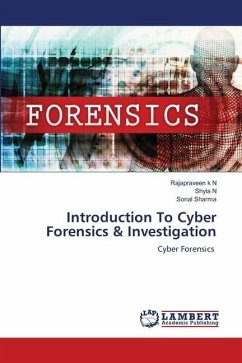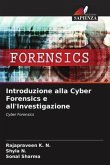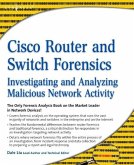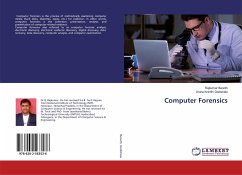In the civil and criminal justice systems, computer forensics helps ensure the integrity of digital evidence presented in court cases. As computers and other data-collecting devices are used more frequently in every aspect of life, digital evidence -- and the forensic process used to collect, preserve and investigate it -- has become more important in solving crimes and other legal issues.The average person never sees much of the information modern devices collect. For instance, the computers in cars continually collect information on when a driver brakes, shifts, and changes speed without the driver being aware. However, this information can prove critical in solving a legal matter or a crime, and computer forensics often plays a role in identifying and preserving that information. Digital evidence isn't just useful in solving digital-world crimes, such as data theft, network breaches, and illicit online transactions. It's also used to solve physical-world crimes, such as burglary, assault, hit-and-run accidents, and murder.








